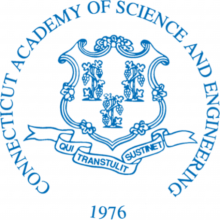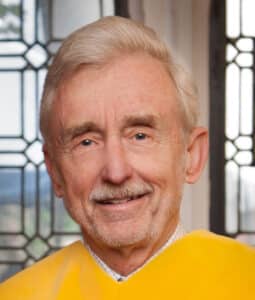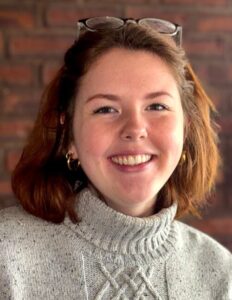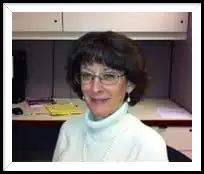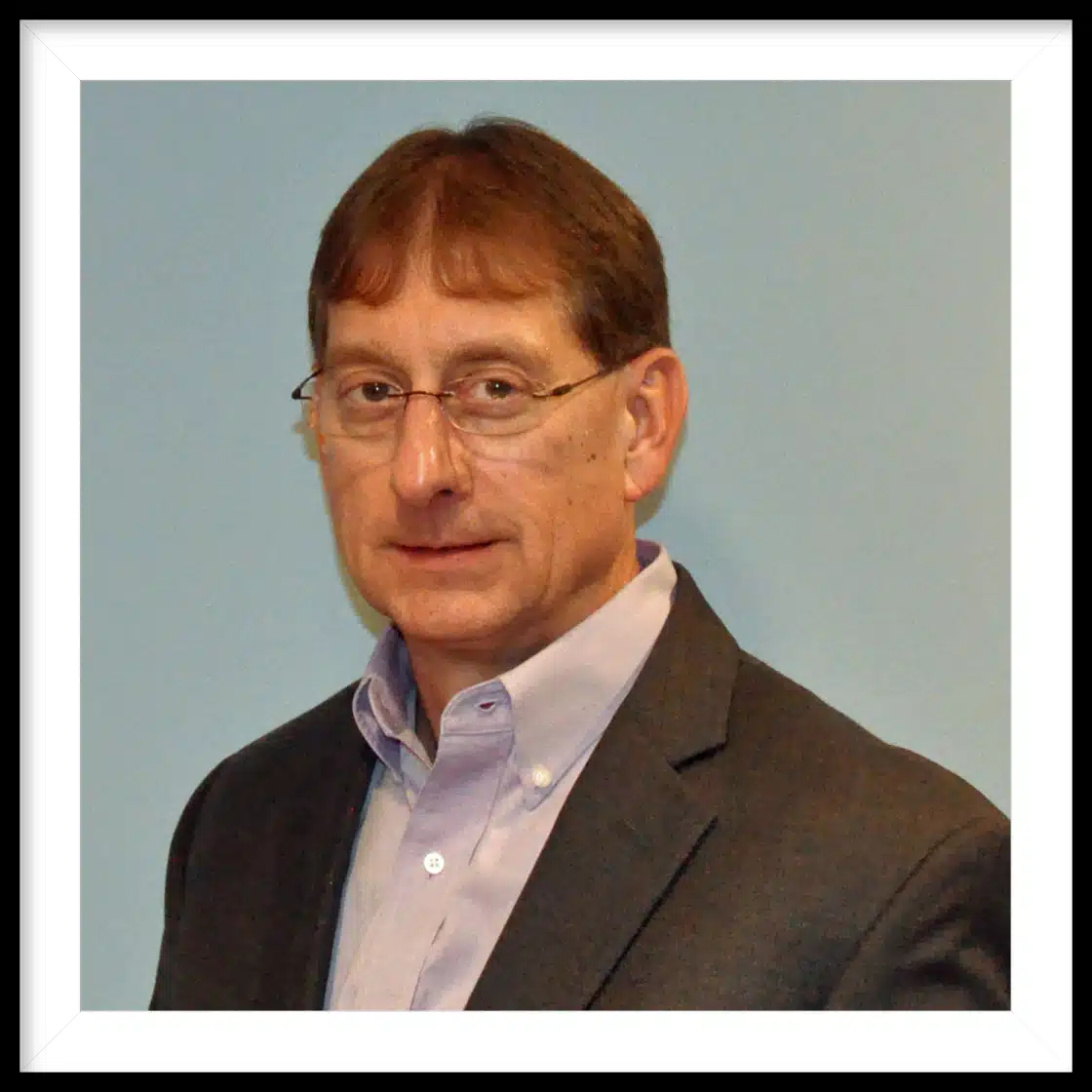To focus on Artificial Intelligence (AI) Policy
East Hartford, CT – The Connecticut Academy of Science and Engineering (CASE) is pleased to announce the placement of Stephen R. Nichols as a CASE Science and Technology Policy Fellow. Mr. Nichols’s fellowship at the Connecticut General Assembly (CGA) will focus on artificial intelligence (AI) policy. This fellowship is dedicated to advancing policies that strengthen data privacy and security for Connecticut residents, addressing key areas such as consumer and health information privacy, online protections, and data security standards.
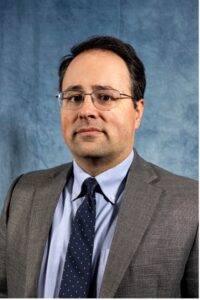
Stephen R. Nichols is an engineer whose work lies at the intersection of emerging technologies, complex systems, and human-centered design. With nearly twenty years of industry experience at the former United Technologies Corporation (UTC), Otis Elevator Company, and Schindler Corporation, he led global initiatives in research, development, and product strategy for electromechanical and digital products.
Nichols is a named inventor on more than forty patents in areas including elevators, application programming interfaces (API), robotics, human-machine-interfaces, and other complex systems. A two-time participant in the National Academy of Engineering Frontiers of Engineering (NAE FOE), Nichols was invited to deliver a prestigious Gilbreth Lecture. A frequent presenter at industry events and academic institutions across the Northeast, he has also been interviewed by several news outlets including the Wall Street Journal and National Public Radio.
Originally inspired to pursue a STEM career as a FIRST robotics student, he is the father to two young children who he is helping to teach to think creatively, love learning, and try new things. Nichols is committed to advancing robust data privacy protections that safeguard families and uphold public trust in the digital era. He views AI as a powerful tool that, when guided by thoughtful policy, can not only enhance security but also spur innovation, create high-quality jobs, and strengthen Connecticut’s economy.
“The Science and Technology Policy Fellowship program aligns with CASE’s mission to collaborate with Connecticut’s legislature on issues of science and technology that impact the social and economic well-being of the state and its people,” said CASE President Amy Howell. “We are grateful to the Connecticut General Assembly for the opportunity to place Mr. Nichols in support of the Senator, who has been a lead policymaker for artificial intelligence and data privacy in Connecticut.”
Mr. Nichols earned a Bachelor of Science in Mechanical Engineering from Tufts University and a Master of Engineering from Rensselaer Polytechnic Institute. He has completed certificate programs at MIT, Wharton, and UC Berkeley. He previously served on the Board of Directors for Ithaca College’s Cybersecurity Program and the New England Chapter of INCOSE.
The CASE Science and Technology Fellowship Program provides opportunities for scientists and engineers to engage with and support policymakers as they navigate increasingly complex policy issues in their public service to the state and its residents. Additionally, the program supports scientists and engineers during their fellowship to improve their ability to effectively communicate with policymakers and the public.
###

